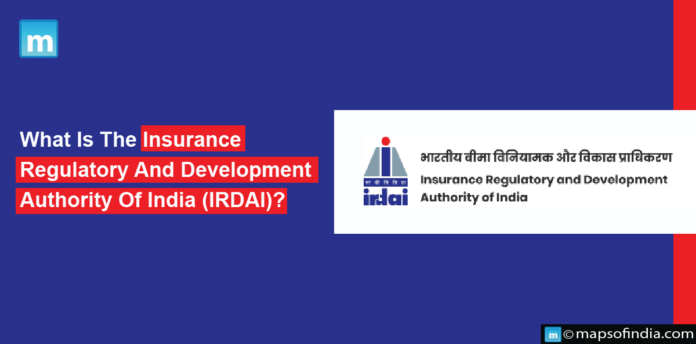The Insurance Regulatory and Development Authority of India (IRDAI) is the governmental agency supervising and regulating the Indian insurance industry. It was founded as a legislative entity 1999 under the Insurance Regulation and Development Authority Act of 1999.
Background of the Organisation
Before the founding of the IRDAI, the insurance industry within India was governed by the Controller of Insurance, a department of the Ministry of Finance. The Controller of Insurance was in charge of supervising and overseeing insurance businesses. Still, due to its restricted powers, the insurance industry suffered several issues, including a lack of transparency, poor consumer safety, and limited availability. The Indian government recognised the necessity for a distinct regulatory organisation to oversee the insurance industry and formed the IRDAI in 1999.
Role of the Organisation
The primary function of the IRDAI is to oversee and regulate the Indian insurance industry. It is a watchdog, ensuring insurance businesses follow the government’s rules and requirements. The IRDAI plays the following important roles:
-
Insurance company licencing and registration
The IRDAI is in charge of providing licences and registering insurance firms in India. Before obtaining a licence, the IRDAI verifies that the firm satisfies the qualifying conditions, which include a minimum capital need and a solid business strategy.
-
Preservation of policyholder concerns
The IRDAI is in charge of protecting policyholder interests. It guarantees that insurance businesses follow the government’s norms and laws, such as preserving solvency margins, revealing details to policyholders, and resolving claims within the time limit given.
-
Insurance sector promotion
The IRDAI develops the insurance industry in India by raising information about the advantages of insurance and supporting the creation of new insurance products.
-
Premium regulation
The IRDAI controls the rates charged by insurance firms. It assures that premiums are reasonable and equitable and that no policyholder is discriminated against.
-
Dispute resolution
The IRDAI functions as a mediator in disputes between insurance firms and policyholders. It guarantees that disputes are addressed fairly and within a predetermined time range.
Significance of the Organisation
IRDAI has played an important part in the growth of India’s insurance business. It has resulted in several changes and reforms, including the liberalisation of the insurance business, which has allowed private firms to enter the market. This encouraged competition and resulted in improved services for consumers.
It has also implemented many policies and recommendations to protect policyholders’ interests. For example, it has required insurance firms to keep a viability margin to guarantee they have the cash to cover claims. It has also enacted rules requiring insurance firms to settle claims within a certain time. IRDAI has also supported the creation of novel insurance solutions to meet consumers’ demands. For example, it has pioneered the notion of micro-insurance, which offers insurance coverage to the economically disadvantaged segments of society.
The IRDAI is responsible for regulating and managing the insurance industry in India. It guarantees that insurance businesses follow the government’s norms and laws and protects policyholders’ interests. IRDAI has implemented various improvements and reforms in the insurance industry, resulting in improved competitiveness and enhanced consumer services. The insurance business in India has grown significantly over the years, with the IRDAI playing an important part in its development.





